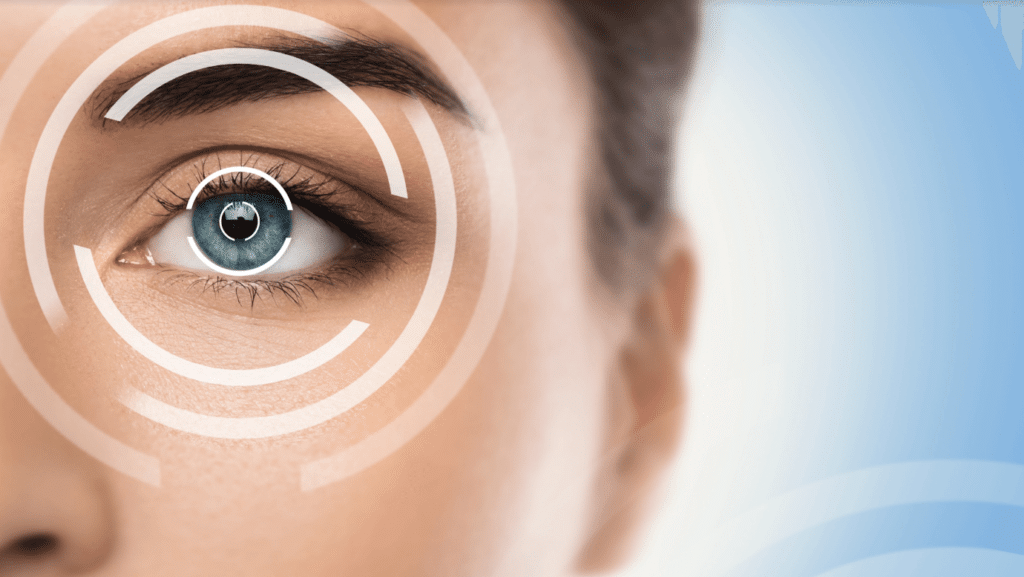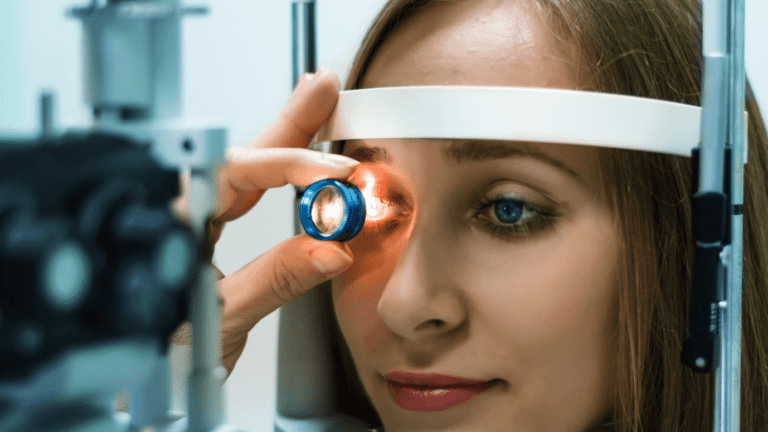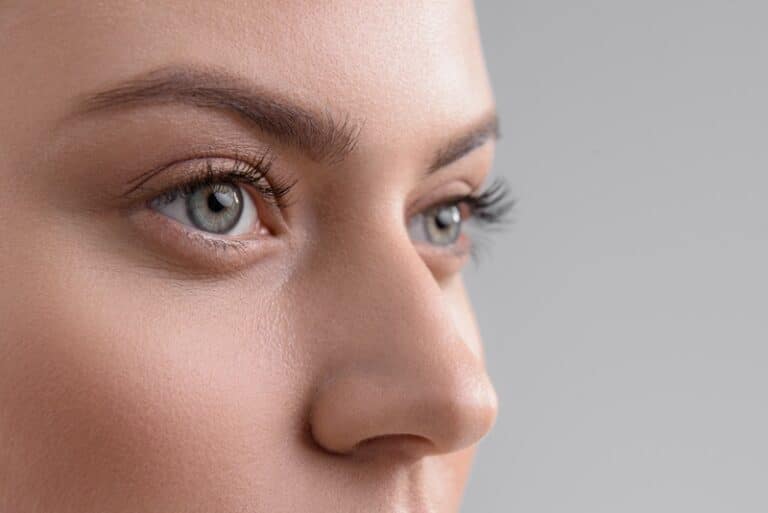How Long Does LASIK Take?
Laser eye surgery is a procedure that uses lasers to correct vision problems. LASIK is the most well-known type of laser eye surgery that provides clearer vision. This procedure can reduce or eliminate your need for glasses and contact lenses, making life easier and more enjoyable.
What is LASIK Laser Eye Surgery?
LASIK uses a laser to reshape your cornea, the clear, dome-shaped structure that lets light enter the eye. The cornea normally helps this incoming light to focus on the retina for a clear image. If you have a refractive error, the light does not focus, and your vision looks blurry. LASIK is a procedure that changes the shape of the cornea to correct the angle of light.

How Long Does LASIK Take?
LASIK is a fast, comfortable procedure. Most people report it was much easier than they had expected. The entire procedure usually takes 15 to 30 minutes. However, the laser works on each cornea for only about 15 seconds.
Your eye doctor will numb your eyes to prevent you from feeling anything while the laser works. You will usually stay for a bit longer while we monitor you before you leave. You will also have follow-up appointments to ensure your eyes are healing according to plan. Many see clearly enough to drive themselves to their first follow-up the day after the procedure.
How Does LASIK Work?
At Vold Vision, we perform LASIK using the Zeiss VisuMax® femtosecond laser. During the procedure, the laser creates a flap in the outer layer of your cornea. Your eye doctor lifts the flap aside and uses the laser to reshape the cornea. This laser is guided by a computer programmed to create a new corneal shape one microscopic layer at a time. Since the flap remains attached, it can start to heal very quickly. The VisuMax® laser uses a SMART bed that senses if you move during treatment.
What Can LASIK Treat?
After assessing your eyes, your surgeon will determine if you have a condition that LASIK can treat. LASIK is effective against these types of refractive errors:
- Hyperopia (farsightedness) means you see distant objects clearly, but nearby ones look blurry.
- Myopia (nearsightedness) means distant objects are blurry, but you can nearby objects clearly.
- Astigmatism means objects are blurry at any distance. It means you have an abnormally shaped cornea that does not allow light to focus.
- Presbyopia means you have increasing blurriness of nearby objects as you age. It happens when the lens of the eye begins to stiffen, and almost everyone will develop it eventually.
While LASIK can treat these concerns, other types of laser eye surgery may work better for you. LASIK may not be able to treat very strong prescriptions or those that change frequently.
Request a Consultation
We’d love to help you get all the information you need in order to make the best choice for your eyes. Request a consultation today! Our staff is available and happy to answer your every question.
What is Recovery Like After LASIK?
You will need someone to drive you home after the procedure, and you may experience minor burning, itching, or sensitivity for the first day or two. Most people have functional vision and can return to their usual activities the day after LASIK. You should avoid swimming, strenuous activity, and exposing your eyes to dusty areas for two weeks. The length of your recovery time may be affected by the strength of your prescription or the type of refractive error.
Am I a Good Candidate for LASIK?
While LASIK is the most well-known type of laser eye surgery, it is not right for everyone. Only a consultation can determine which procedure will work best for your needs and lifestyle. Good candidates have healthy eyes with normal corneas. You may not be a good candidate for LASIK if you have:
- A very strong prescription
- An unusually thin or misshapen cornea
- Keratoconus (a condition of the cornea)
- Severe dry eye
- A medical condition affecting the eyes that is not well-controlled (such as diabetes or glaucoma)
- A prescription that changes frequently
Even if you are not a good candidate for LASIK, you may still be eligible for SMILE or PRK. These procedures may work better for those with thin or unhealthy corneas, those who engage in contact sports, and those with dry eye problems.
Take the Next Step
You’ll benefit not only from the latest technologies available but also from our compassionate, personal approach. You’re more than a patient at Vold Vision in Bentonville and Fayetteville. We strive to make you as comfortable as possible while evaluating the optimal treatment plan just for you. We invite Fayetteville, Rogers, Bentonville, and Springdale residents to contact us today for a consultation at (479) 442-8653.







